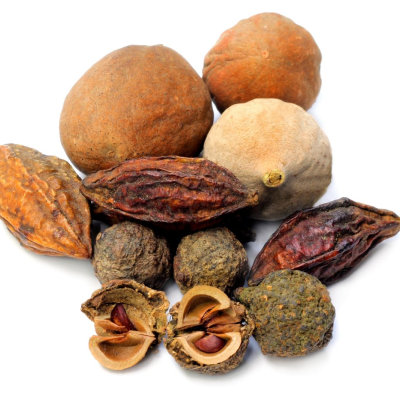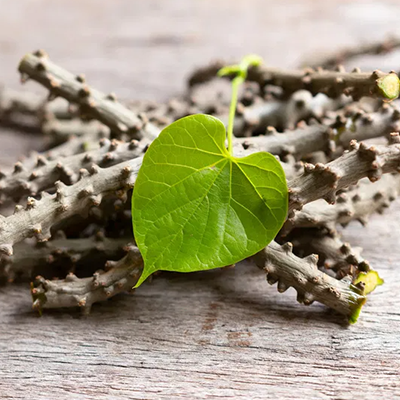Menopause is the natural biological process marking the end of a woman’s reproductive years, defined by the cessation of menstrual cycles for 12 consecutive months. It typically occurs between the ages of 45 and 55 but can vary widely.
How does the physiology of the body change during Menopause?
Hormonal Changes:
- Ovarian Aging: The ovaries gradually reduce the production of eggs and the hormones oestrogen and progesterone.
- Decreased oestrogen affects the menstrual cycle, eventually leading to its cessation.
- Follicle-stimulating hormone (FSH) levels rise as the ovaries become less responsive.
Stages of Menopause:
- Perimenopause: Transition phase, with irregular menstrual cycles and hormonal fluctuations.
- Menopause: Confirmed when no periods occur for 12 months.
- Post menopause: The years following menopause, where symptoms may persist but fertility is permanently lost.
Pathophysiology of Menopause
1. Decline in Oestrogen:
- Affects multiple systems, including the reproductive, cardiovascular, skeletal, and nervous systems.
2. Related Pathologies:
- Osteoporosis: Reduced bone density due to decreased oestrogen, increasing the risk of fractures.
- Cardiovascular Disease: Loss of oestrogen’s protective effects leads to higher cholesterol levels and heart disease risk.
- Urogenital Atrophy: Thinning of vaginal and urethral tissues, causing dryness and discomfort.
- Cognitive Decline: Oestrogen decline may contribute to memory and concentration issues.
Symptoms of Menopause
1. Physical Symptoms:
- Hot flashes and night sweats.
- Irregular periods during perimenopause.
- Vaginal dryness and painful intercourse.
- Weight gain, especially around the abdomen.
- Hair thinning and skin dryness.
2. Psychological Symptoms:
- Mood swings, irritability, and anxiety.
- Depression and difficulty concentrating.
- Insomnia and fatigue.
3. Long-term Consequences:
- Bone Loss: Risk of fractures increases due to osteoporosis.
- Cardiovascular Issues: Increased cholesterol and hypertension.
- Urogenital Symptoms: Incontinence and recurrent urinary tract infections.
Ayurvedic Management
Diet and Lifestyle
Foods to Include:
- Fresh fruits like pomegranate and figs.
- Whole grains like quinoa and oats.
- Milk and ghee to nourish tissues.
- Calcium-rich foods (e.g., sesame seeds, almonds).
- Cooling foods like cucumber and coconut water to manage Pitta.
Foods to Avoid:
- Spicy, fried, and processed foods
- Excess caffeine and alcohol.
Lifestyle recommendations
- Regular yoga and meditation to balance the mind and body.
- Adequate hydration and consistent sleep patterns.
- Yoga and Pranayama
Panchakarma Therapies
- Abhyanga (Oil Massage): Nourishes the skin, reduces dryness, and calms Vata.
- Shirodhara: Promotes mental relaxation and improves sleep.
- Basti (Medicated Enema): Addresses Vata imbalances and constipation.
Herbal Remedies
Shatavari (Asparagus racemosus):
Balances hormones and reduces hot flashes.
Ashwagandha (Withania somnifera):
Reduces stress and anxiety.
Brahmi (Bacopa monnieri):
Improves cognitive function and reduces mood swings.
Triphala :
Aids in digestion and detoxification.
Guduchi (Tinospora cordifolia):
Boosts immunity and reduces fatigue.
Aloe Vera Juice:
Helps with vaginal dryness and overall hydration.
Rasayana Therapy (Rejuvenation)
- Chyawanprash: Enhances immunity and vitality.
- Dashamoola Rasayana: Balances doshas and alleviates menopausal symptoms.
Menopause is a natural transition in a woman's life, marked by hormonal changes and physical and emotional challenges. Ayurveda views this phase as a time to focus on balance and rejuvenation through tailored herbal remedies, diet, lifestyle changes, and therapies. Integrating Ayurvedic principles with modern medical care can help women manage menopause effectively and maintain a high quality of life.









